As technology advances, construction projects are becoming easier to design and are benefiting from increased budgets. Improvements in material quality and workmanship are evident, yet the challenges of balancing timelines, budgets, and quality persist. In this dynamic landscape, the role of a PMC Civil Engineer remains absolutely critical.
These professionals are the unsung heroes who ensure that projects are delivered on time, within budget, and to the highest standards. But what exactly does a PMC Civil Engineer do?
What is a role of a PMC civil engineer in construction?
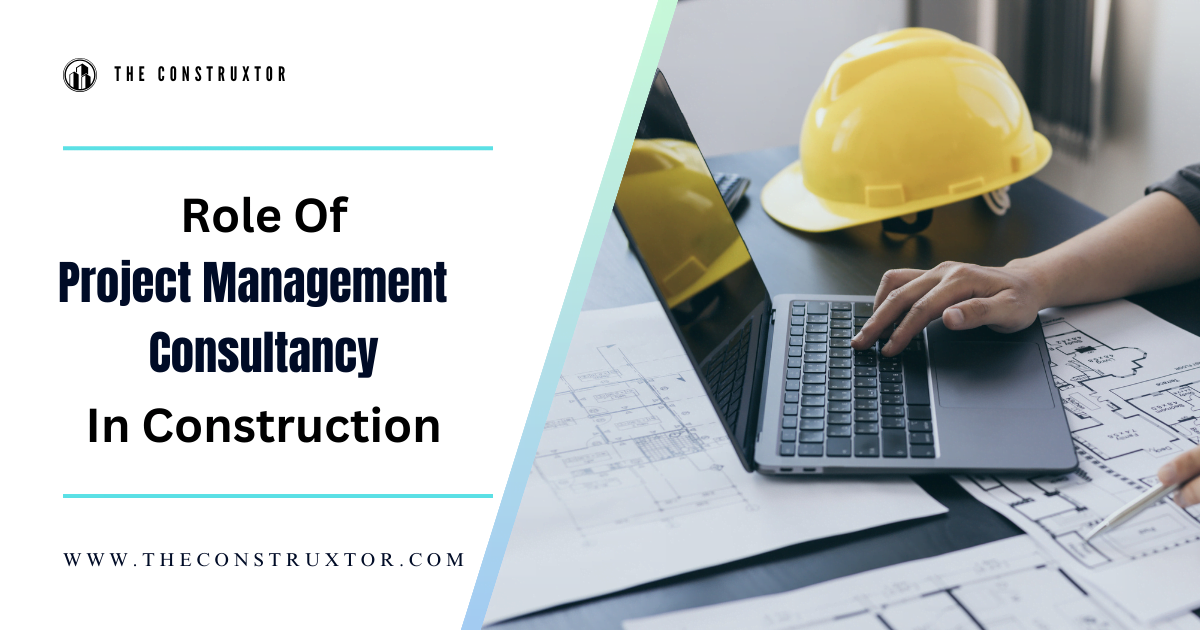
Equipment I use for safety purpose and measurements,
Also read,
Why You Should Visit an RMC Plant & Key Considerations for Concrete Sample and Testing
Comprehensive Guide to the Types of Foundations in Construction.
What is a PMC Civil Engineer?
A PMC Civil Engineer is a professional who oversees construction projects on behalf of clients, ensuring that all aspects of the project are executed efficiently and effectively.

- They act as a bridge between the client, contractors, and other stakeholders.
- They maintain the records of different materials.
- They check the quality of the construction going on.
- On the regular basis they check the reinforcement, shuttering, size of the ongoing casting memeber.
- If there’s any problem regarding the execution of any construction elements they contact with different agencies and try to get the solution done.
- They maintain the proper communication with client, contractor, structural engineer, architect, etc for the project management.
Differentiate between a PMC Civil Engineer and a regular Civil Engineer:

A civil engineer is a person who designs, plans, constructs, and maintains infrastructure systems and public works to improve societal well-being. Their work spans projects like roads, bridges, buildings, dams, water supply networks, and transportation systems, with a focus on safety, sustainability, and efficiency.
While a Civil Engineer focuses on design and technical aspects, a PMC Civil Engineer emphasizes project management, coordination, and supervision with his years of experience in the field.
Key Responsibilities of a PMC Civil Engineer :-
There’s a lot things a PMC civil engineer has to deal with,
A. Project Planning and Feasibility Studies :
- Conduct site assessments and feasibility studies.
- Develop project timelines, budgets, and resource plans.
- Ensure compliance with local regulations and codes.
B. Design Review and Coordination :

- Review architectural and structural designs for constructability and compliance.
- Coordinate with architects, engineers, and contractors to resolve design conflicts.
- Check the thorough drawing of any conflict arise then it’s his job to solve the problems.
C. Procurement and Contract Management :
- Assist in selecting contractors and vendors.
- Select the best out of the many by comparing the cost, quality and speed of the work with the economy of material.
- Administer contracts, ensuring adherence to terms and conditions.
- Manage claims, variations, and disputes.
D. Construction Supervision and Quality Control :

- Monitor construction activities to ensure adherence to plans and specifications.
- By making the charts of different activities and events.
- Conduct regular site inspections and quality audits.
- Address issues like poor workmanship, delays, or safety violations.
E. Risk Management :
- Identify potential risks (e.g., delays, cost overruns, safety hazards).
- Under the safety rules, it’s his duty to regularly check if labours, engineers or other workers are doing there work with the proper safety or not.
- Develop mitigation strategies and contingency plans.
F. Stakeholder Communication :

- Act as the primary point of contact between the client, contractors, and regulatory authorities.
- Provide regular progress updates and reports to the clients regarding the construction, material, quality of the material etc.
G. Commissioning and Handover :
- Ensure all systems are tested and functional.
- Oversee the handover process, including documentation and training.
- From the beginning to the end of the project, possession to the customer and even the maintenance after the handover of the whole project can be supervised under his incharge.
Skills and Qualities of a Successful PMC Civil Engineer :
1. Technical Expertise :
- Strong knowledge of civil engineering principles and construction practices.
- Ensures efficient project execution with expertise in structural design, quality control, and construction management.
- They oversee budgeting, contract management, and safety compliance, while also conducting risk assessments to prevent failures.
- Their skills ensure cost-effective, high-quality, and timely project completion.
2. Project Management Skills :

- Proficiency in tools like Primavera, MS Project, or BIM.
- They manage timelines, resources, and budgets, while coordinating with stakeholders to maintain smooth workflow.
- Calculate the cost of different materials to providing high quality material with economic aspects on time.
3. Communication and Leadership :
- Ability to manage teams and resolve conflicts.
- Excels in communication and leadership, ensuring smooth coordination between stakeholders, contractors, and teams.
- They provide clear instructions, resolve conflicts, and facilitate decision-making to keep projects on track.
- Strong leadership enables them to motivate teams, enforce quality standards, and manage risks effectively, ensuring successful project execution.
3. Problem-Solving :
- Quick thinking to address on-site challenges.
- Take care in problem-solving by quickly identifying challenges and implementing effective solutions.
- They analyze site issues, design conflicts, and resource constraints, ensuring minimal project delays.
- Their ability to think critically, adapt to unforeseen problems, and make informed decisions helps maintain project quality, safety, and efficiency.
4. Attention to Detail :
- Ensuring no aspect of the project is overlooked.
- Demonstrates strong attention to detail, ensuring precision in design, material selection, and construction quality.
- They meticulously review drawings, specifications, and safety standards to prevent errors and maintain compliance.
- Their keen observation helps in identifying potential issues early, ensuring smooth execution and long-term structural integrity.
Challenges Faced by PMC Civil Engineers :
(A). Coordination Issues :-
PMC engineers juggle conflicting priorities among contractors, clients, and authorities. Misaligned goals (e.g., cost vs. quality) and communication gaps risk delays. Regular stakeholder meetings, BIM clash detection, and clear contracts streamline collaboration to resolve disputes efficiently.
(B). Budget Constraints :-
Balancing quality with tight budgets demands value engineering—opting for cost-effective materials without compromising safety. Tracking expenses via tools like Cost and renegotiating supplier contracts prevent overruns, but aggressive cuts risk long-term durability.
(C). Unforeseen Delays :
 Weather, labor shortages, or supply chain breakdowns (e.g., cement shortages) disrupt timelines. Contingency planning—like flexible schedules, local sourcing, and prefab materials—minimizes downtime, but delays often inflate costs and strain client relationships.
Weather, labor shortages, or supply chain breakdowns (e.g., cement shortages) disrupt timelines. Contingency planning—like flexible schedules, local sourcing, and prefab materials—minimizes downtime, but delays often inflate costs and strain client relationships.
(D). Regulatory Compliance :
Navigating evolving codes (e.g., environmental laws, seismic norms) requires meticulous documentation and audits. Non-compliance risks fines or halted projects. Tools like GIS for land-use mapping and third-party consultants ensure adherence amid complex legal frameworks.
Impact of a PMC Civil Engineer on Project Success :
Strategic planning and proactive risk mitigation minimize waste (e.g., reordering materials) and prevent delays. Early identification of supply chain or design issues, paired with backups or phased scheduling, avoids rework and emergency costs. Tools like BIM detect clashes pre-construction, ensuring budget compliance.
Meticulous planning (CPM, Primavera P6) and real-time monitoring track task dependencies. Contingency buffers for weather/permits and prefabrication accelerate timelines. Transparent contractor communication and penalty clauses ensure deadlines, avoiding penalties and enabling faster turnover.

Rigorous testing (concrete slump, steel tensile) and code compliance (ACI/ISO) ensure safety. Inspections and drones catch flaws like improper reinforcement. Non-destructive testing (NDT) detects hidden cracks, while sustainability standards (LEED) meet environmental benchmarks.
Clear communication and tailored solutions (e.g., energy-efficient systems) build trust. Exceeding benchmarks, like early hospital completion, fosters loyalty. Post-handover support ensures smooth operations, driving referrals and enhancing firm reputation in competitive markets.
Real-Life Examples or Case Studies :
I have Included a brief example of a project where as a PMC Civil Engineer, I and my team made a significant difference.
You can read here,
Why a good PMC civil engineer is crucial for your project?
Conclusion :
From planning to handover, PMC Civil Engineers play a vital role in ensuring the success of construction projects. Their expertise, attention to detail, and ability to navigate complex challenges make them indispensable in the industry. Whether you’re a developer, contractor, or client, partnering with a skilled PMC Civil Engineer can be the key to turning your vision into reality.
Excavation in Construction: A Comprehensive Guide to Its Process & Types.
Foundation in Construction: An Introduction to Their Purpose and Importance.

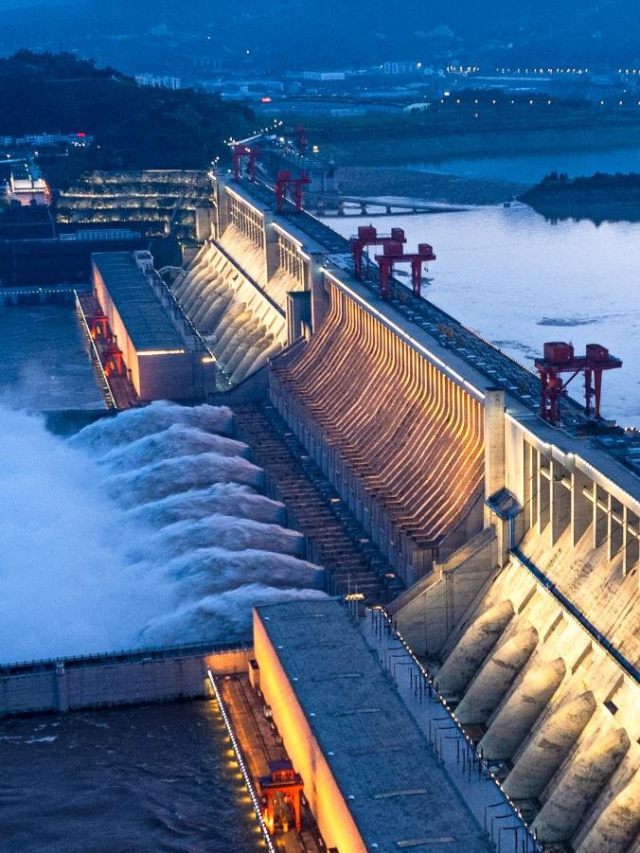
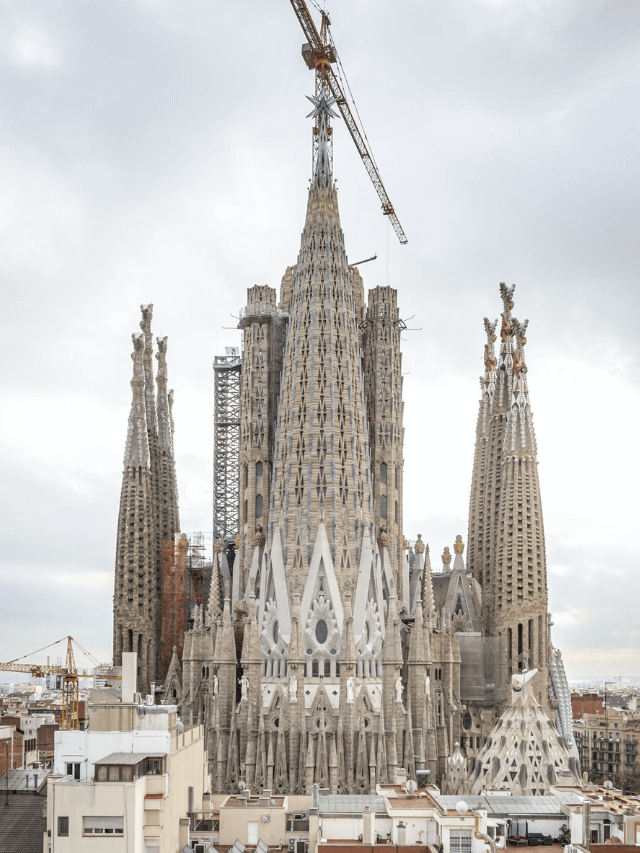

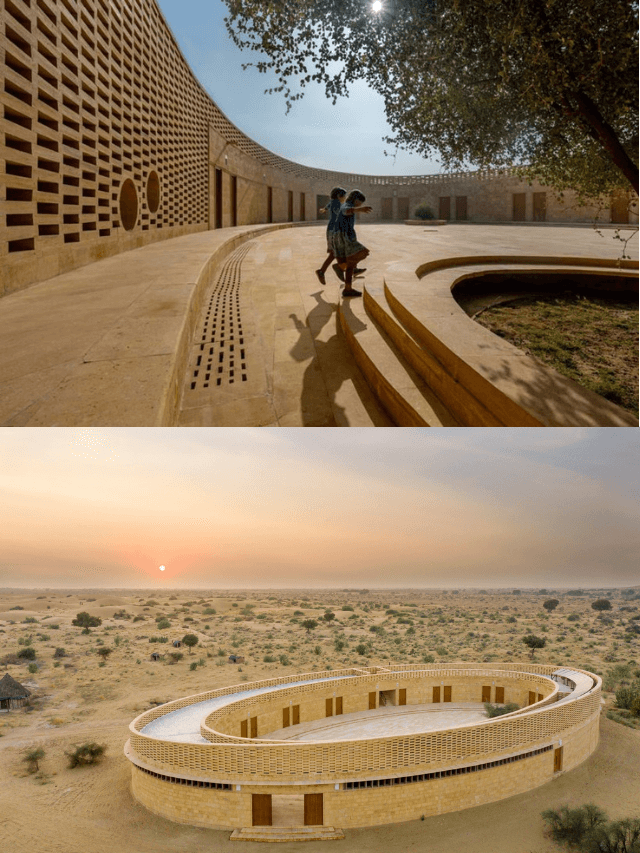
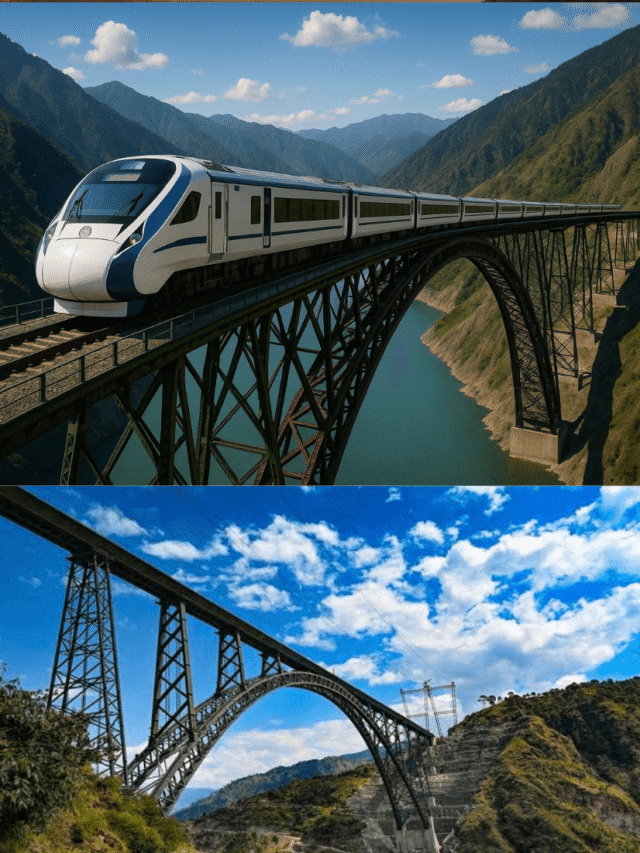

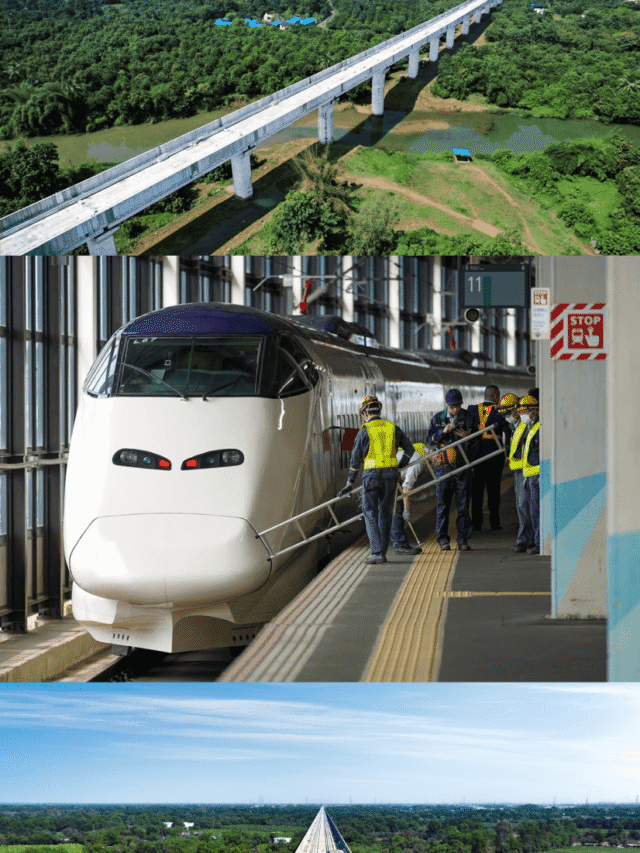
This is a topic I’ve been curious about. Thanks for the detailed information.